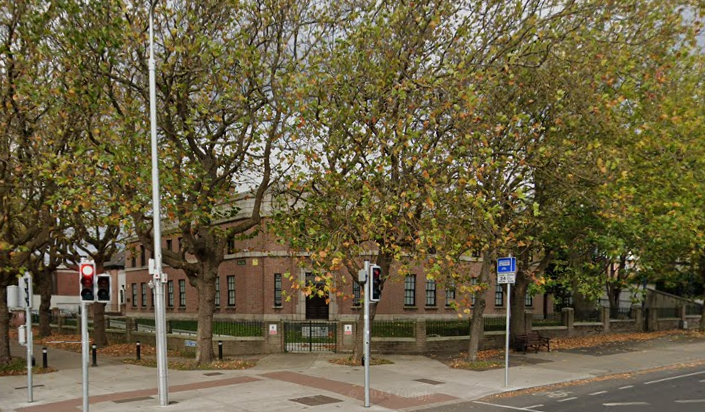When a Post-Mortem Examination (PME) is required

What is a PME?
A post-mortem is a special type of medical examination carried out by a doctor with specialised training known as a pathologist.
There is no disfigurement to the body and viewing may take place afterwards as if no examination had been performed.
When the cause of death cannot be determined, or if the death does not result from natural circumstances, the coroner usually orders a post-mortem examination. This examination will take place in the days that follow the death.
The relevant authorities will tell the family of this, and you should contact your chosen funeral director.
Where do PMEs take place?
Coronial post-mortem examinations in the Dublin District
Pathologists conduct coronial post-mortem examinations in the Dublin District at the Dublin Mortuary on Griffith Avenue, Whitehall, and in selected hospital mortuaries in Dublin.


Retention and donation of organs
Sometimes pathologists retain organs after a post-mortem examination in order to establish or clarify the cause of death.
While the consent of the family/next of kin is not required, mortuary staff will inform them of this before the body is returned.
The family/next of kin must complete some paperwork if they want the mortuary to return the organ to them, or the mortuary can arrange for the respectful disposal of the organ once they complete all examinations.
For an organ donor, whose death was reported to a coroner, the coroner and the next-of-kin must grant permission before the donation of the organs can take place.
If the coroner grants permission for donation, this may limit the post-mortem examination.
It is for the coroner to decide the matter following consultation with the Gardaí and advice from medical professionals. In general, the coroner facilitates requests for organ donation.


Provision of interim death certificate
While a coroner’s inquiry is taking place a death cannot be registered until the investigation is concluded.
Family members will be provided with an Interim Certificate of the fact of Death while awaiting the outcome of the Coroner’s review. This Interim Certification can be provided to social services, banks, insurance companies, and credit unions.
It can take several months before the Coroner’s Office receives the report of the results of a post-mortem examination.
Once received, the Coroner will review this report together with other documentation such as medical records and reports. Where the coroner is satisfied that the death was natural based on the results of the post-mortem examination and other documentation, a coroners certificate will be issued to the Civil Registration Office.
A letter will be sent from the Coroner’s Office to the next of kin to inform them of this. You will be able to get the death certificate within 7 to 10 days after we contact you. See How to Obtain a Death Certificate for more information on this process.
Where the results of a post-mortem examination or the cause of death is undetermined the Coroner will hold an Inquest. If this is the case a death certificate cannot be issued until completion of the inquest.
For more information on the inquest process please visit When an Inquest is Required.


